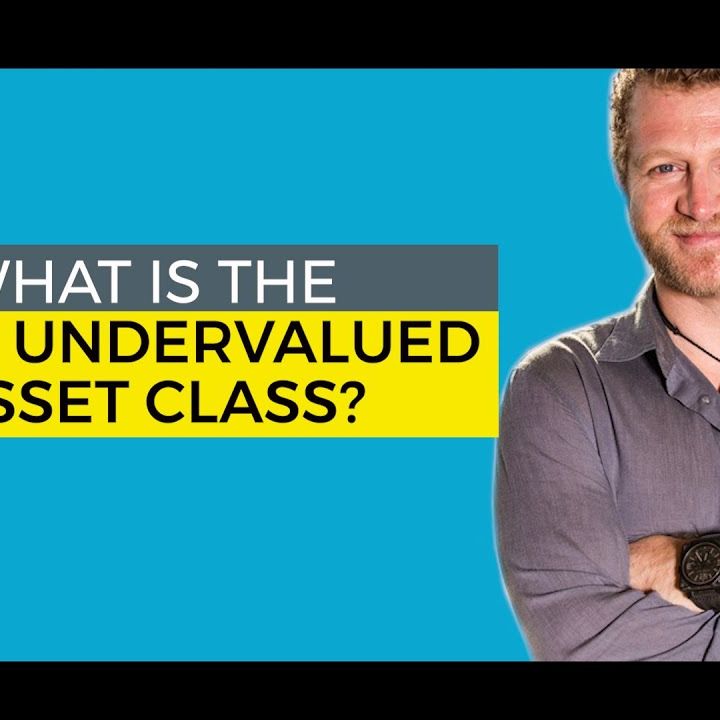Continue reading to discover more about private equity (PE), including how it develops worth and some of its essential methods. Secret Takeaways Private equity (PE) refers to capital financial investment made into business that are not publicly traded. The majority of PE companies are open to accredited financiers or those who are deemed high-net-worth, and successful PE managers can make countless dollars a year.
The charge structure for private equity (PE) firms differs however typically consists of a management and performance cost. An annual management cost of 2% of properties and 20% of gross revenues upon sale of the company prevails, though reward structures can vary significantly. Provided that a private-equity (PE) firm with $1 billion of possessions under management (AUM) might run out than 2 lots financial investment specialists, which 20% of gross revenues can generate 10s of millions of dollars in costs, it is simple to see why the market brings in leading talent.
Principals, on the other hand, can make more than $1 million in (realized and unrealized) compensation per year. Types of Private Equity (PE) Firms Private equity (PE) firms have a range of investment choices.
Private equity (PE) companies have the ability to take substantial stakes in such business in the hopes that the target will progress into a powerhouse in its growing industry. In addition, by directing the target's frequently unskilled management along the method, private-equity (PE) firms add worth to the firm in a less measurable way as well.
Since the very best gravitate towards the bigger deals, the middle market is a considerably underserved market. There are more sellers than there are highly skilled and located finance specialists with substantial buyer networks and resources to manage an offer. The middle market is a substantially underserved market with more sellers than there are purchasers.
Buying Private Equity (PE) Private equity (PE) is frequently out of the equation for individuals who can't invest millions of dollars, but it should not be. . The majority of private equity (PE) investment opportunities need steep initial investments, there are still some ways for smaller, less rich players to get in on the action.
There are guidelines, such as limits on the aggregate quantity of money and on the number of non-accredited financiers. The Bottom Line With funds under management already in the trillions, private equity (PE) companies have actually ended up being attractive investment lorries for wealthy people and organizations. Comprehending what private equity (PE) exactly requires and how its worth is developed in such financial investments are the primary steps in getting in an possession class that is slowly ending up being more available to specific investors.

Nevertheless, there is likewise fierce competitors in the M&A market for excellent business to purchase. As such, it is essential that these companies develop strong relationships with deal and services specialists to secure a strong deal flow.
They also typically have a low correlation with other property classesmeaning they move in opposite instructions when the marketplace changesmaking options a strong candidate to diversify your portfolio. Various properties fall under the alternative financial investment classification, each with its own traits, investment chances, and cautions. One type of alternative financial investment is private equity.
What Is Private Equity? is the category of capital expense made into private companies. These business aren't noted on a public exchange, such as the New York Stock Exchange. As such, investing in them is considered an option. In this context, describes a shareholder's stake in a company and that share's value after all financial obligation has actually been paid (Tyler Tysdal).
When a startup turns out to be the next big thing, venture capitalists can potentially cash in on millions, or even billions, of dollars. For example, think about Snap, the moms and dad business of picture messaging https://www.youtube.com app Snapchat. In 2012, Barry Eggers, a partner at Lightspeed Venture Partners, became aware of Snapchat from his teenage daughter.
This suggests an endeavor capitalist who has formerly purchased startups that ended up achieving success has a greater-than-average possibility of seeing success again. This is because of a mix of business owners looking for investor with a tested performance history, and investor' honed eyes for creators who have what it takes to be successful.
Development Equity The second type of private equity strategy is, which is capital investment in a developed, growing company. Growth equity enters play even more along in a business's lifecycle: once it's established but needs extra financing to grow. Similar to endeavor capital, growth equity investments are given in return for business equity, usually a minority share.
